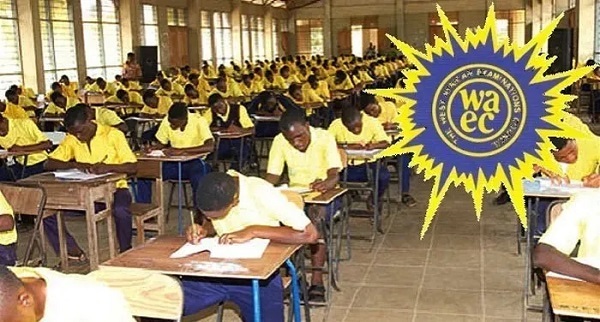The House of Representatives has directed the Federal Ministry of Education and the West African Examinations Council (WAEC) to immediately suspend the implementation of the Computer-Based Test (CBT) policy for the 2026 Senior Secondary School Certificate Examination (SSSCE).
The decision was taken during plenary on Thursday, November 14, after lawmakers adopted a motion of urgent public importance titled “Need for intervention to avert the pending massive failure of candidates intending to write the 2026 West African Examination Council work using computer-based examinations CBT capable of causing depression and deaths of students” sponsored by Kelechi Wogu (PDP, Rivers).
The House also mandated the Federal Ministry of Education to collaborate with all state governments to ensure that the recruitment of computer teachers, construction of computer halls equipped with functional internet, and provision of standby generators are all included in the 2026, 2027, 2028, and 2029 state budgets for every secondary school nationwide.
Lawmakers further extended the directive to private schools, insisting that essential CBT-compliant facilities must be provided before the CBT policy can officially begin in 2030.
Moving the motion, Wogu explained that WAEC is responsible for conducting credential examinations required for entry into higher education, noting that students are mandated to obtain at least five credits, including English and Mathematics, to qualify for admission into tertiary institutions.
He raised alarm that the WAEC result portal for the current year had been shut down due to what the examination body described as technical glitches, leaving students and parents distressed.
Wogu expressed concern that despite objections from the National Union of Teachers (NUT), heads of schools, and education stakeholders, particularly in rural areas where more than 70 per cent of Nigerian students reside, the Federal Ministry of Education has declared that the 2026 CBT implementation would go ahead as planned.
He stressed that a computer-based examination requires fully furnished ICT halls, functional desktop systems, reliable internet access, and uninterrupted power supply, either from the national grid or through alternative power sources.
According to the motion, more than 25,500 schools across the country produce candidates for WAEC annually. Wogu argued that a vast majority of these schools, especially in rural communities, do not have working computers or trained computer teachers, and many had never used digital testing systems before.
He emphasised that the WAEC examination structure, unlike JAMB, requires candidates to take a minimum of nine subjects, including practicals, objectives, and theory, noting that the level of infrastructure required for CBT cannot be provided within a few months.
The lawmaker insisted that implementing the policy now would lead to widespread failure, increased student frustration, heightened depression, drug abuse, and other negative social consequences.
He recommended that the Ministry of Education and WAEC adopt a minimum three-year preparation window and shift the full implementation of CBT to the 2029–2030 academic session. Following extensive deliberations, the House agreed and unanimously passed the motion.
The Green Chamber then mandated its Committees on Basic Examination Bodies, Digital and Information Technology, Basic Education and Services, and Labour, Employment and Productivity to engage relevant stakeholders across the education and technology sectors. The committees are expected to present their findings to the House within four weeks for further legislative action.
#Reps #WAEC #halt #CBT #policy














Leave a Reply